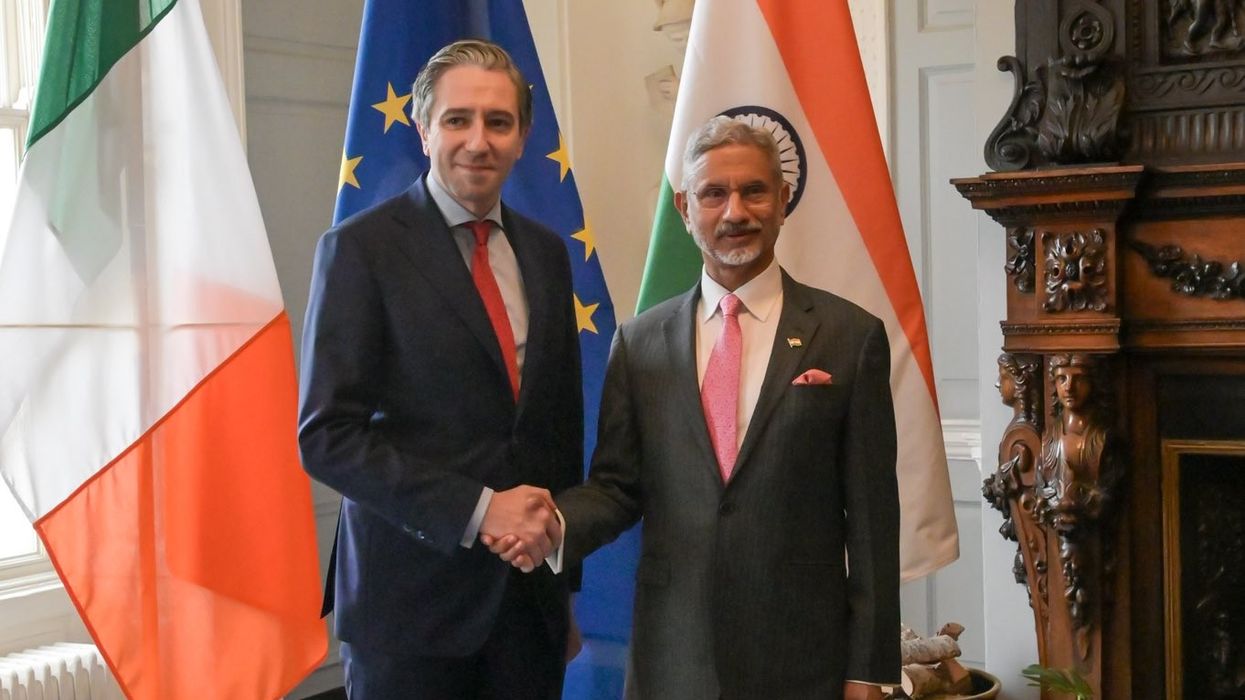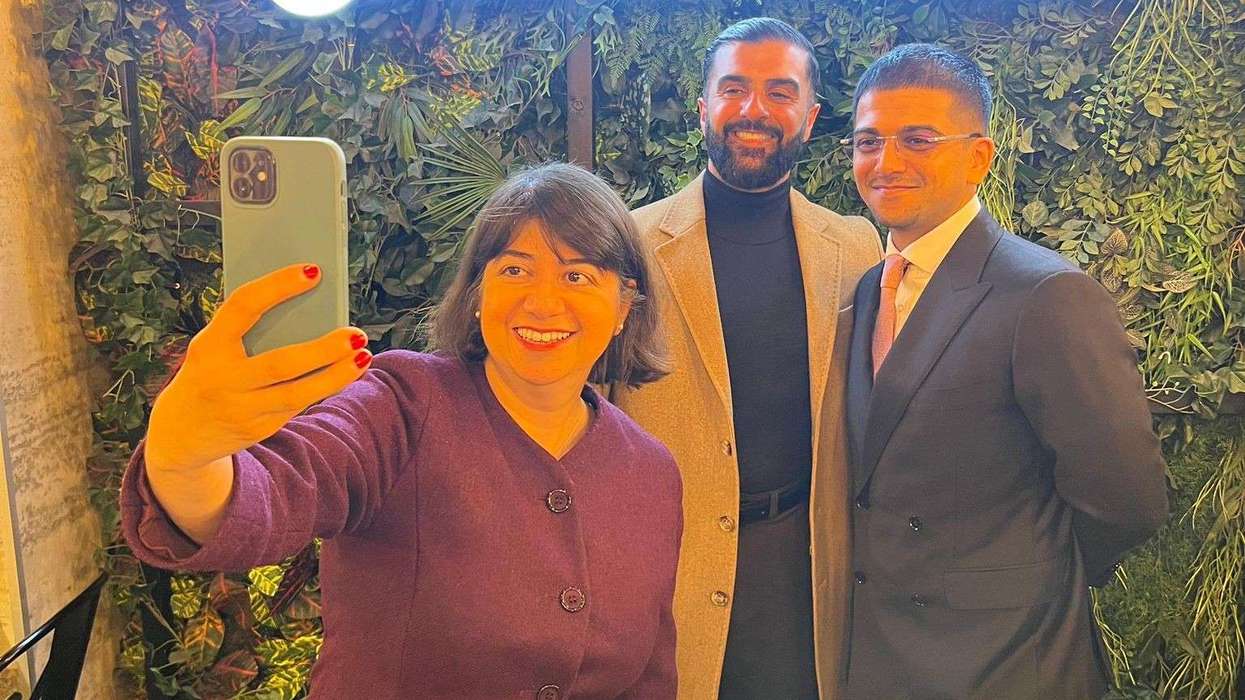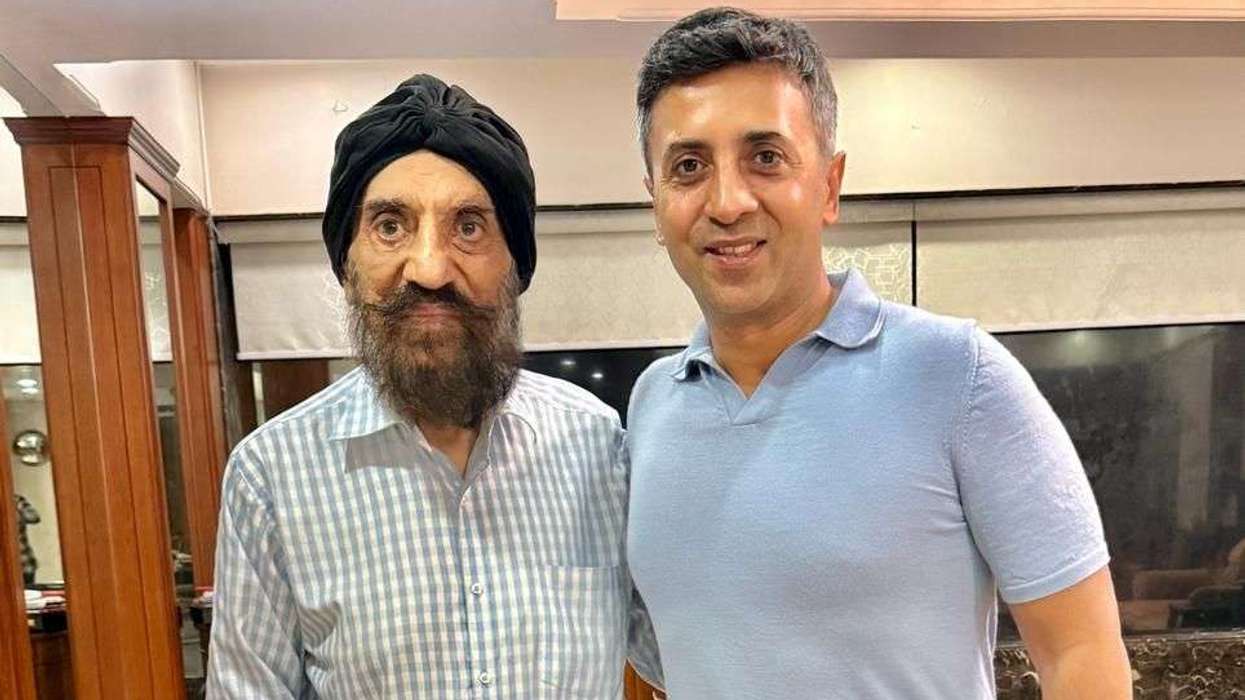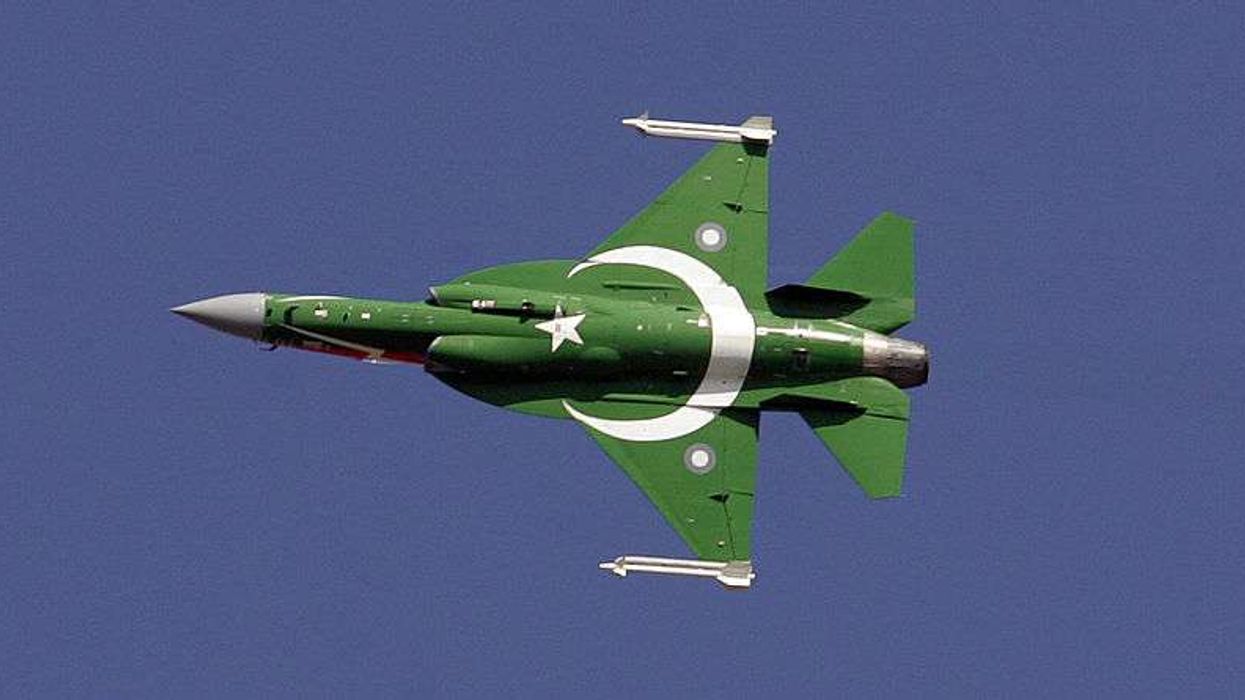INDIA and Ireland have agreed to establish a Joint Economic Commission (JEC) to boost trade, investment, and technology collaboration, external affairs minister S Jaishankar announced after a meeting with Irish foreign minister Simon Harris in Dublin on Friday.
Jaishankar met Harris over a working breakfast at the Department of Foreign Affairs, where they finalised an "Action Plan" aimed at strengthening bilateral relations.
This was the first visit by an Indian external affairs minister to Ireland and the first high-level political visit from India since prime minister Narendra Modi’s trip in 2015.
“We discussed our bilateral cooperation, including a new Action Plan to reinvigorate ties. Agreed to set up a Joint Economic Commission (JEC) to increase our trade, investment and technology linkages,” Jaishankar posted on social media.
He said they also exchanged views on global and regional developments, including the Ukraine conflict, West Asia, Afghanistan, and the Indo-Pacific, as well as India-EU cooperation and multilateralism.
The Irish government said the JEC will serve as a platform to enhance coordination and strengthen its partnership with India.
“With two-way trade already at €16 billion, we're committed to strengthening every opportunity for growth, investment, and collaboration,” Harris said.
Harris added that the Irish government had approved an Action Plan for engaging more closely with India. “This is a clear demonstration of Ireland's commitment to deepening our engagement with India as a key bilateral partner,” he said.
As part of this plan, the two ministers signed a memorandum of understanding (MoU) on the diplomatic exchange of officials.
“We also discussed a range of bilateral issues, including cultural and people-to-people links, Ireland’s engagement with India as a committed EU member, and global issues such as Russia’s war in Ukraine, the Middle East, the Indo-Pacific, and climate change,” Harris said.
“We agreed that by working more closely together at the multilateral level, we can better address bilateral and global issues in a mutually beneficial manner,” he added.
Jaishankar concluded his Ireland visit by paying tribute at a memorial to Nobel laureate Rabindranath Tagore at St Stephen's Green Park in Dublin.
He is scheduled to inaugurate new Consulates General of India in Belfast, Northern Ireland, and Manchester, England, before concluding his week-long UK and Ireland tour.
(With inputs from PTI)




